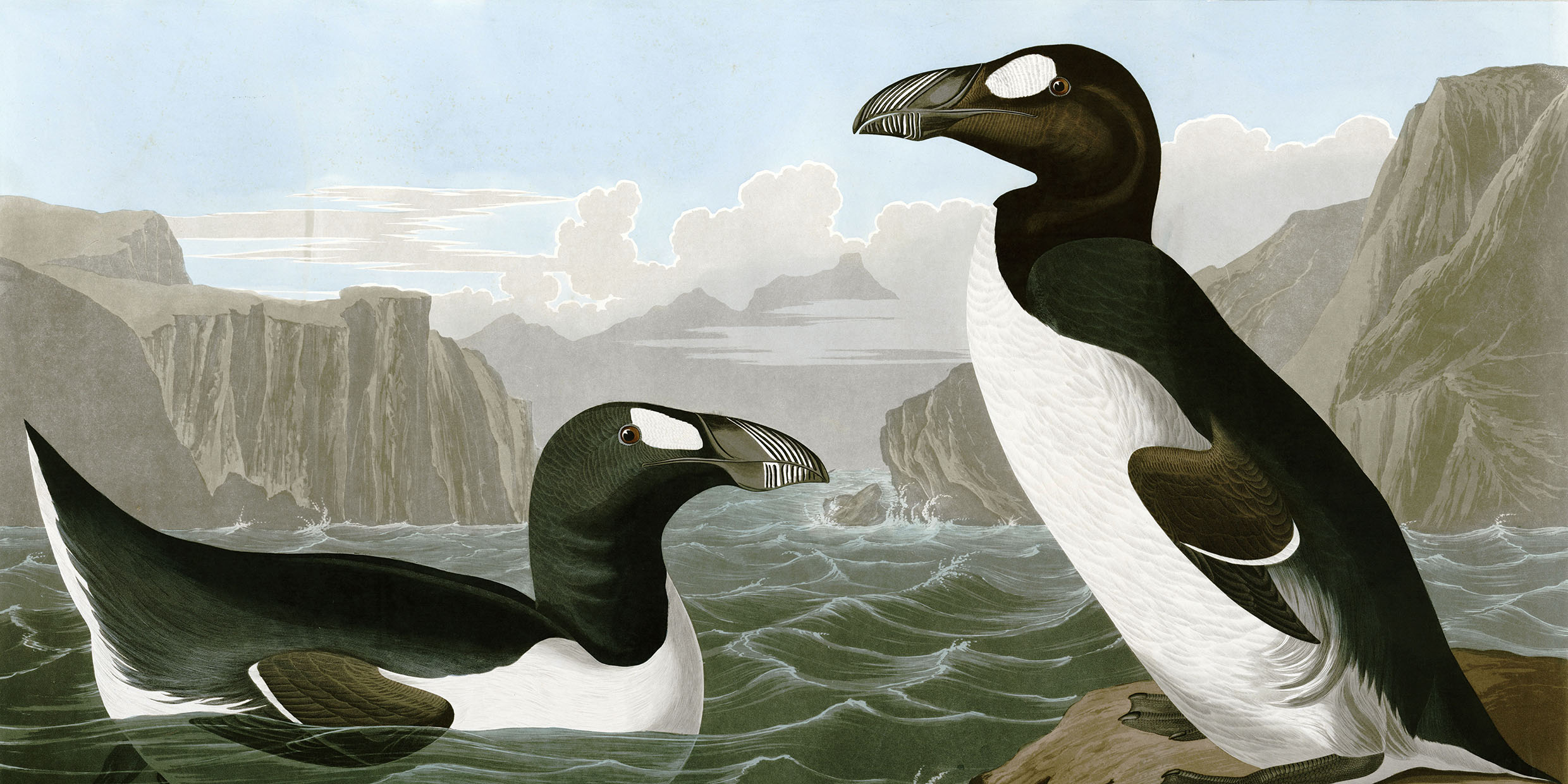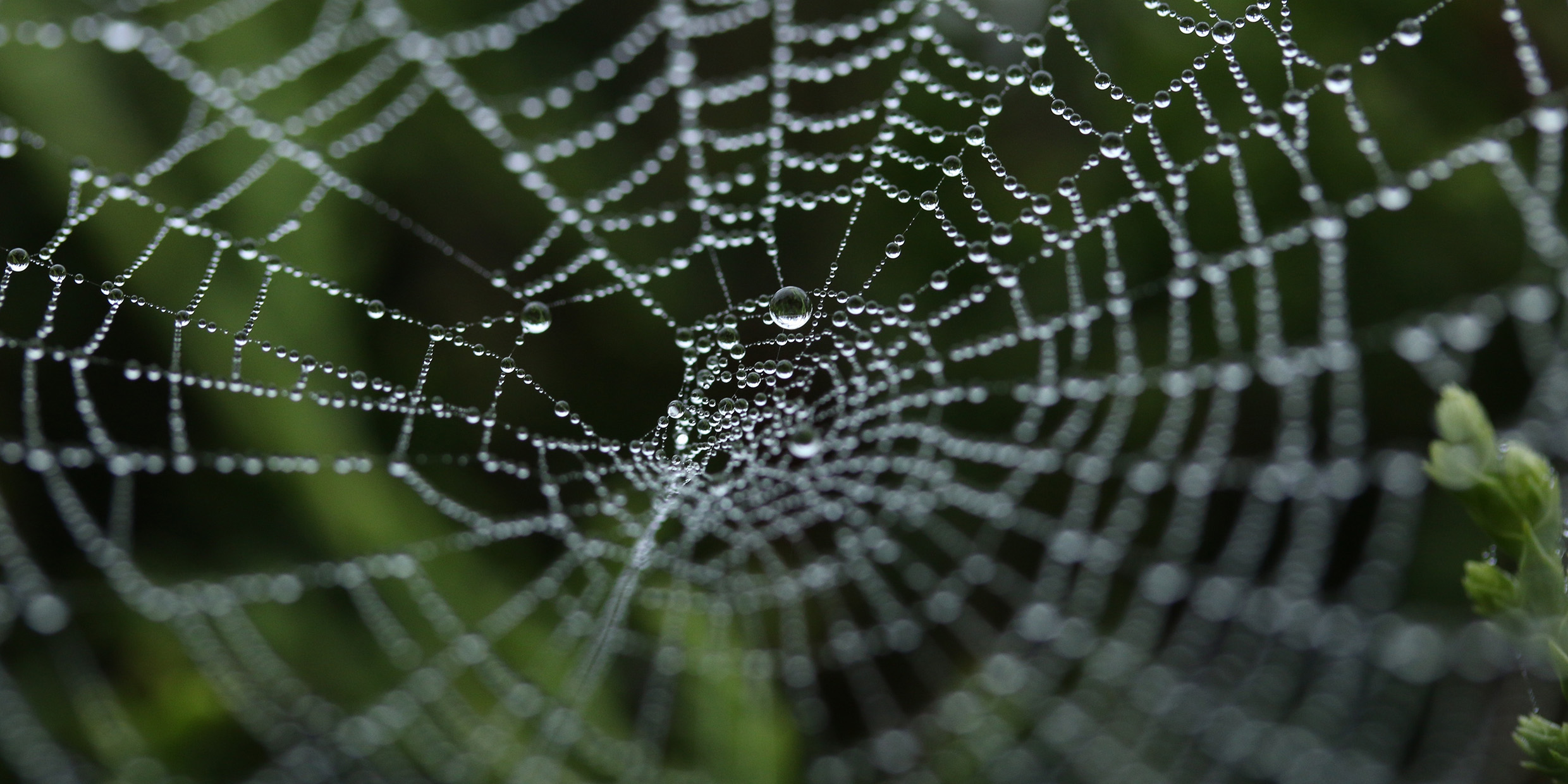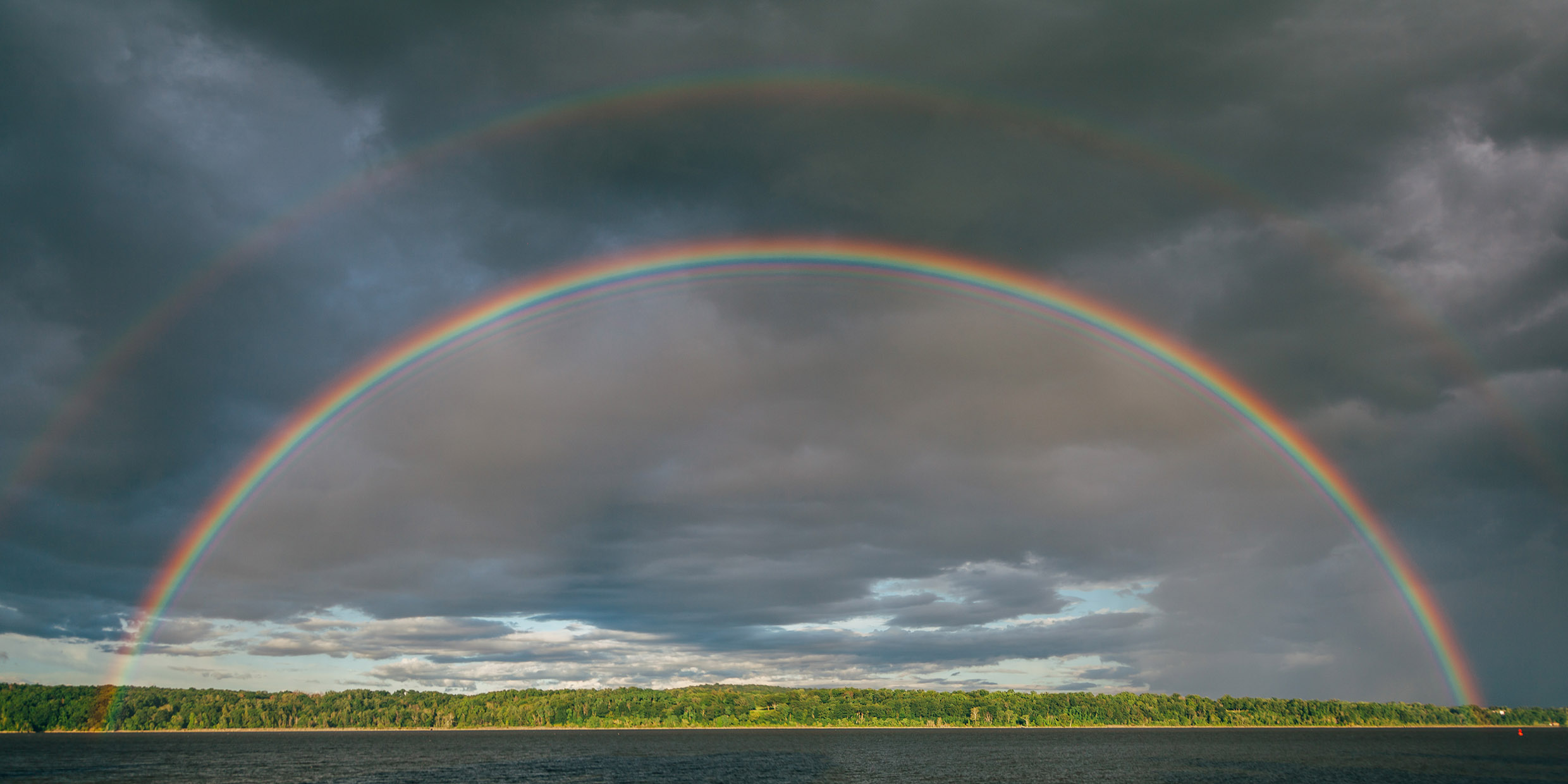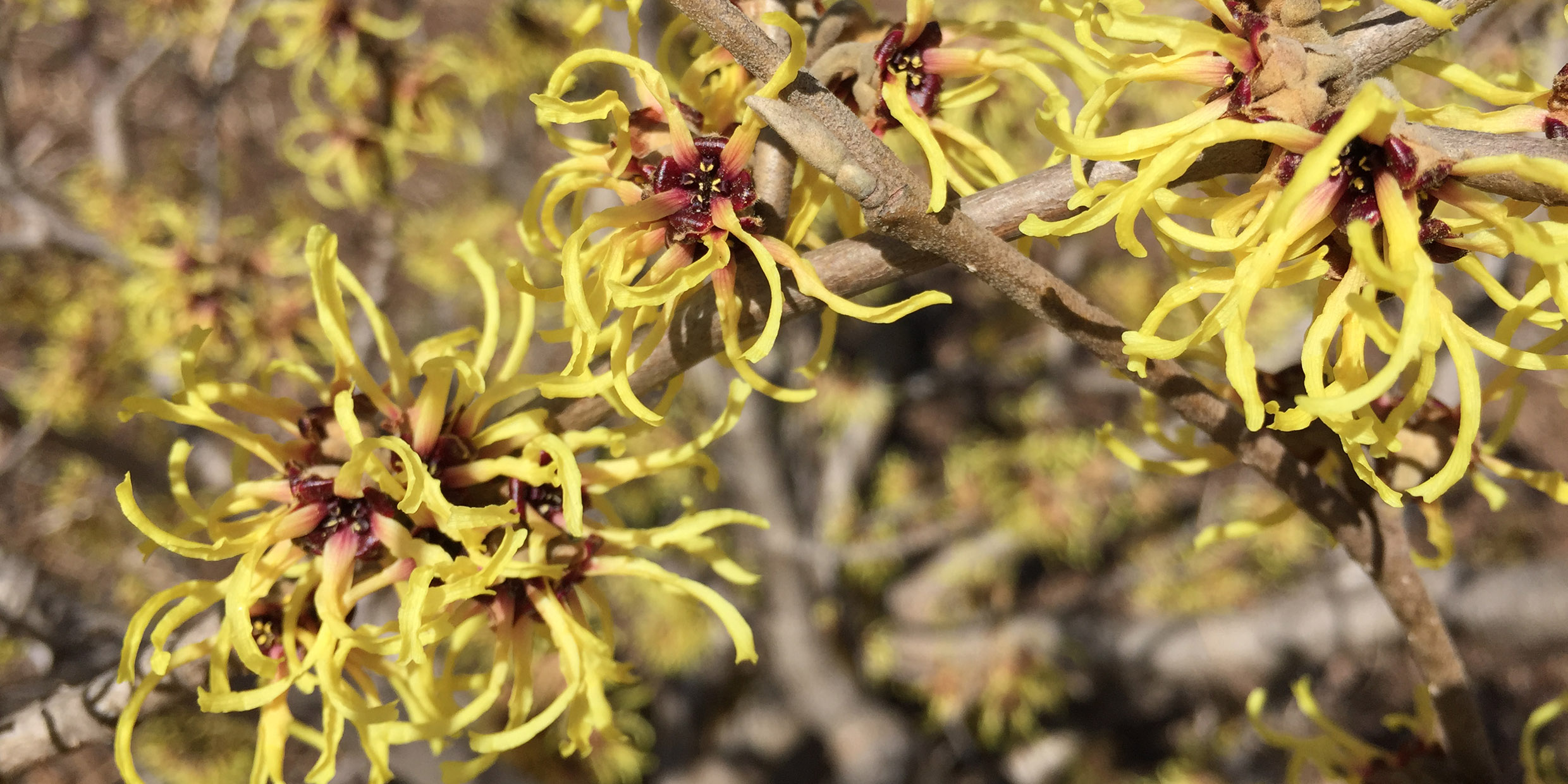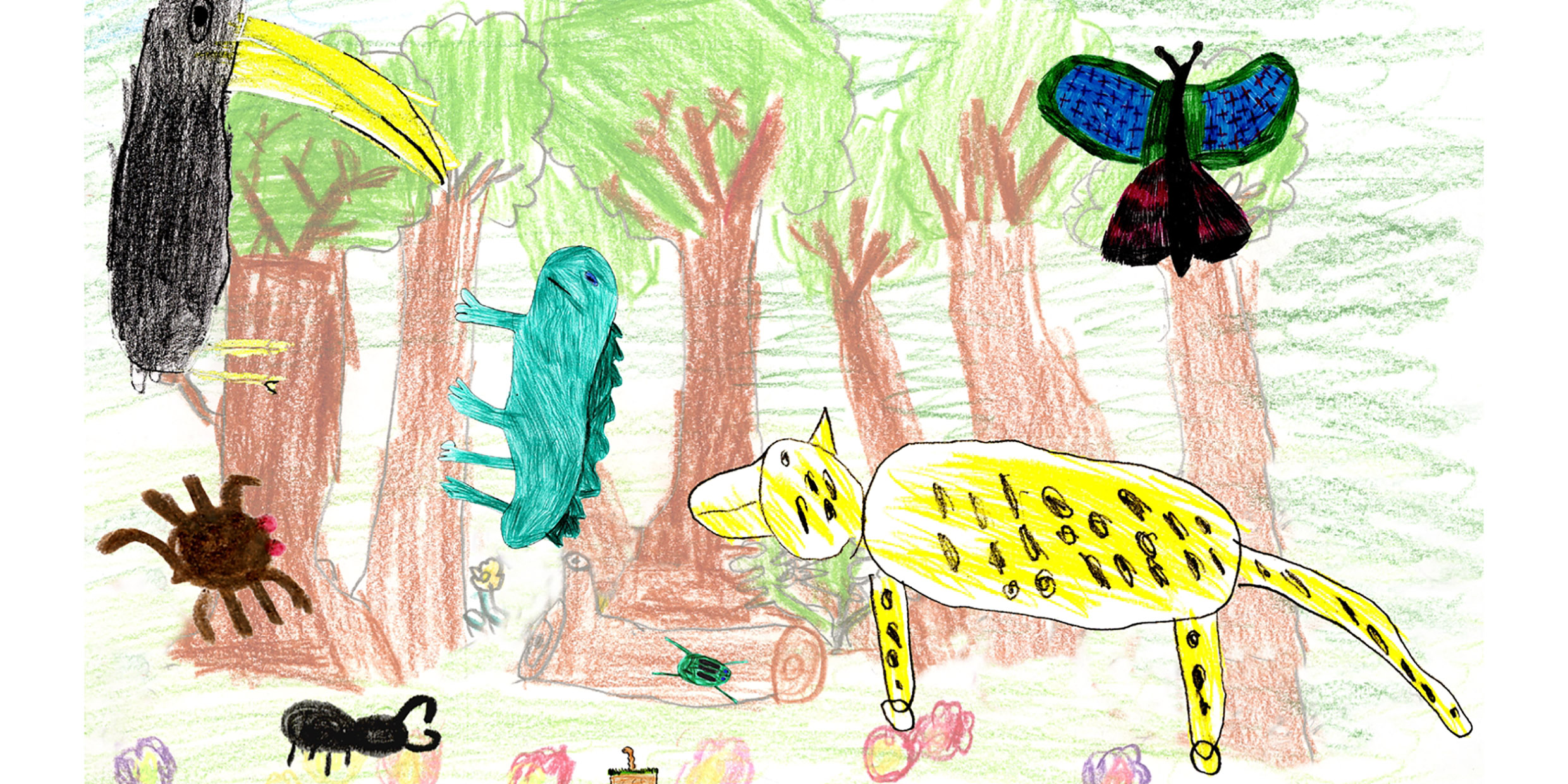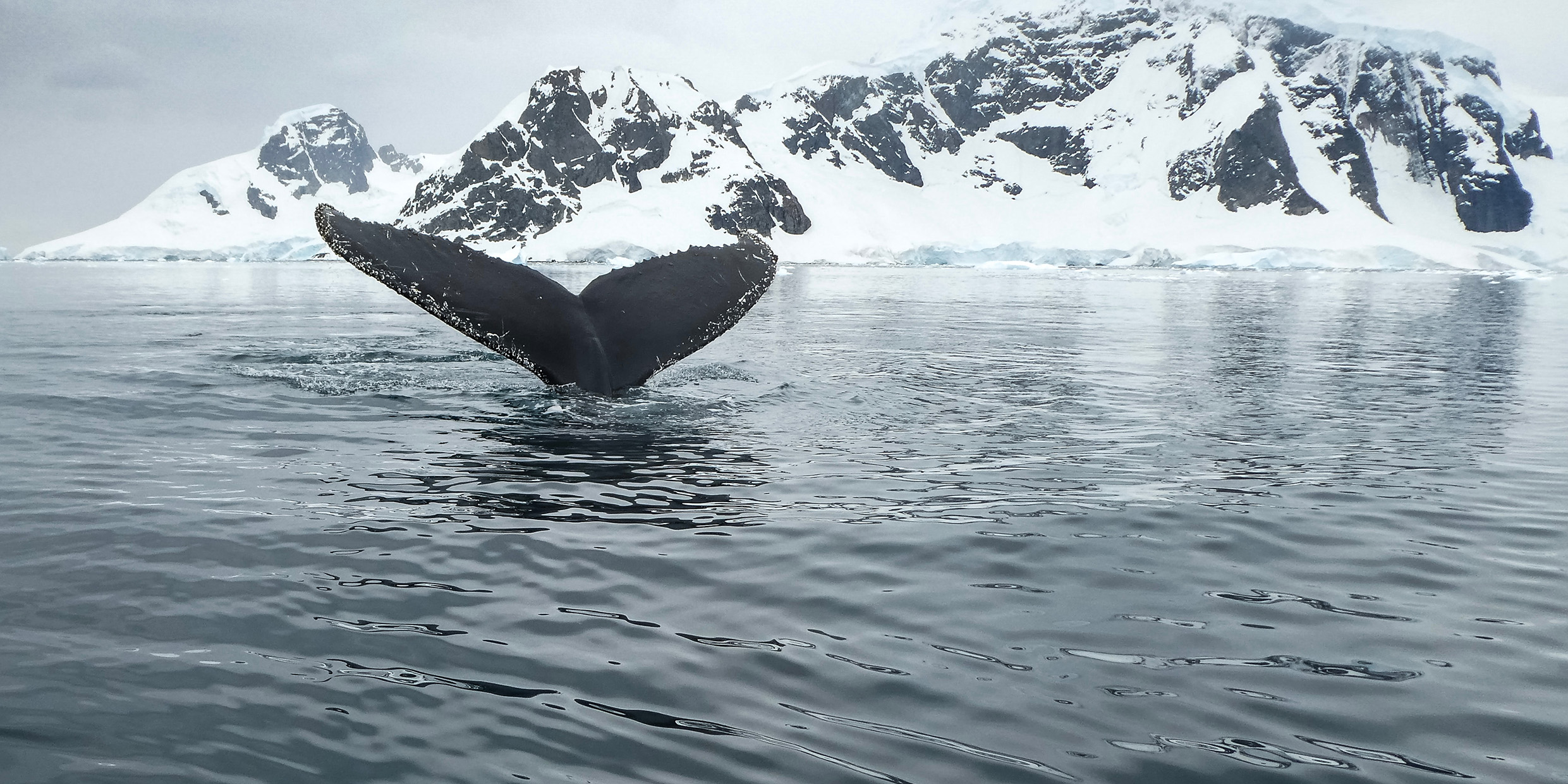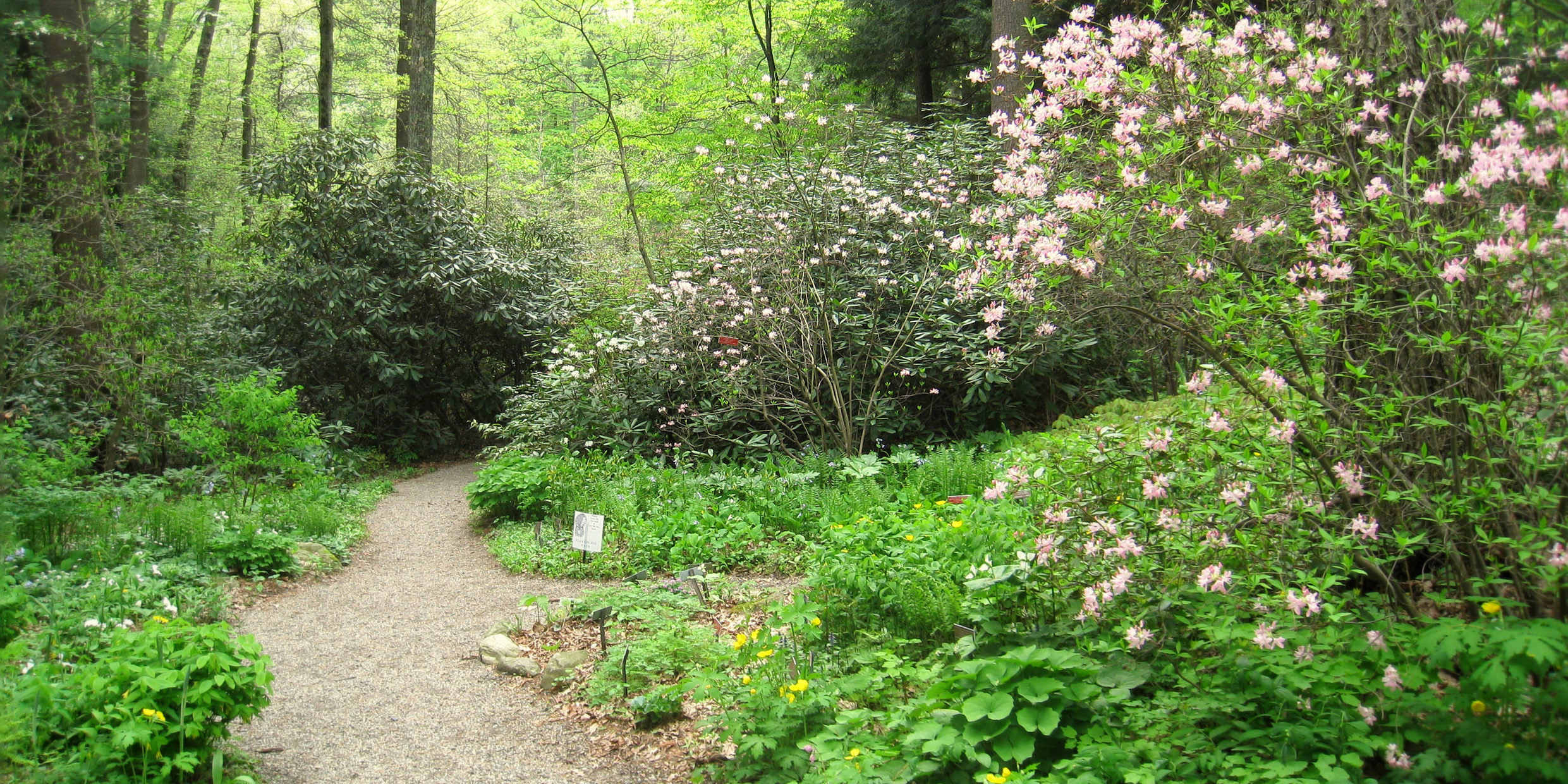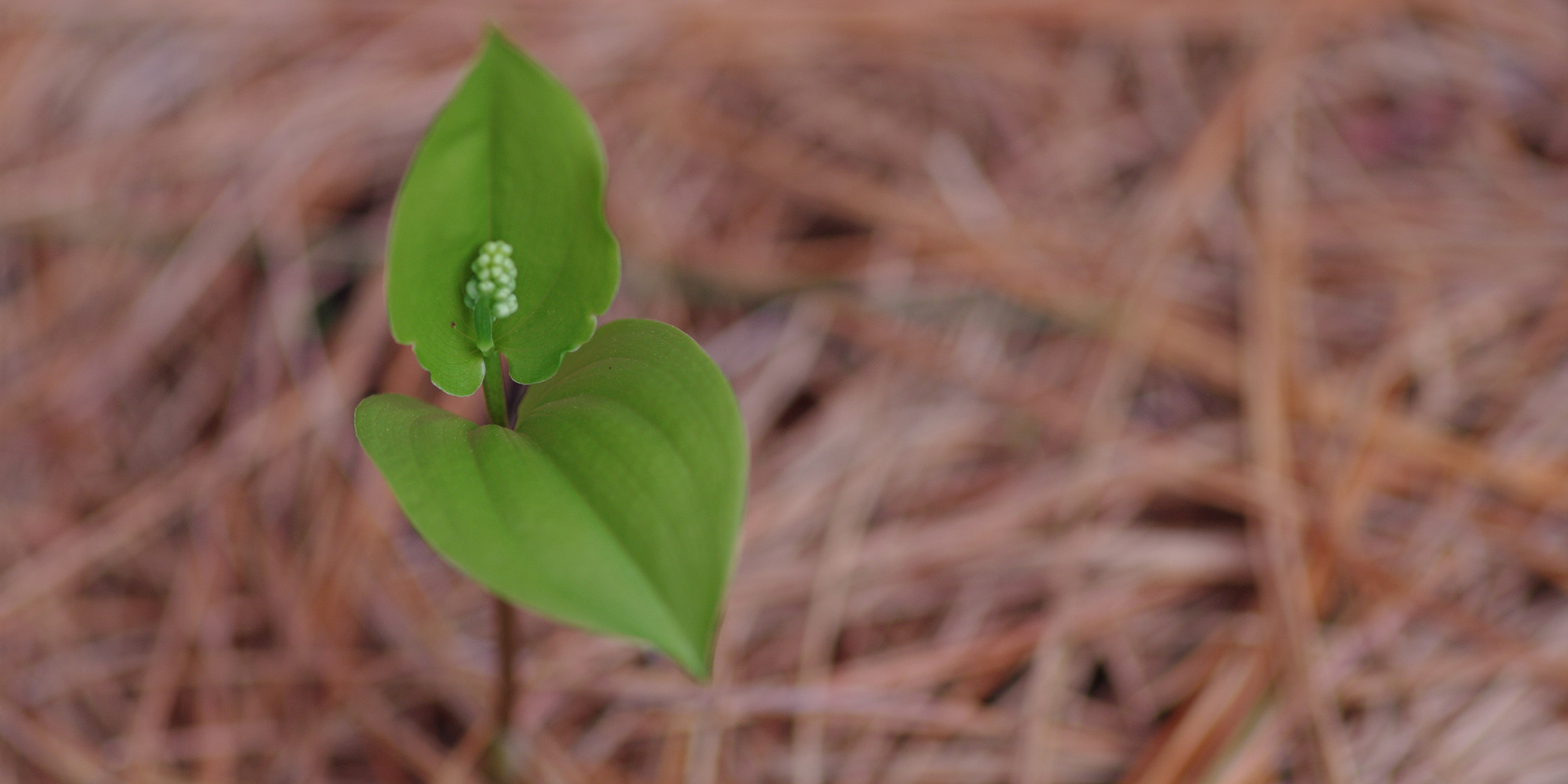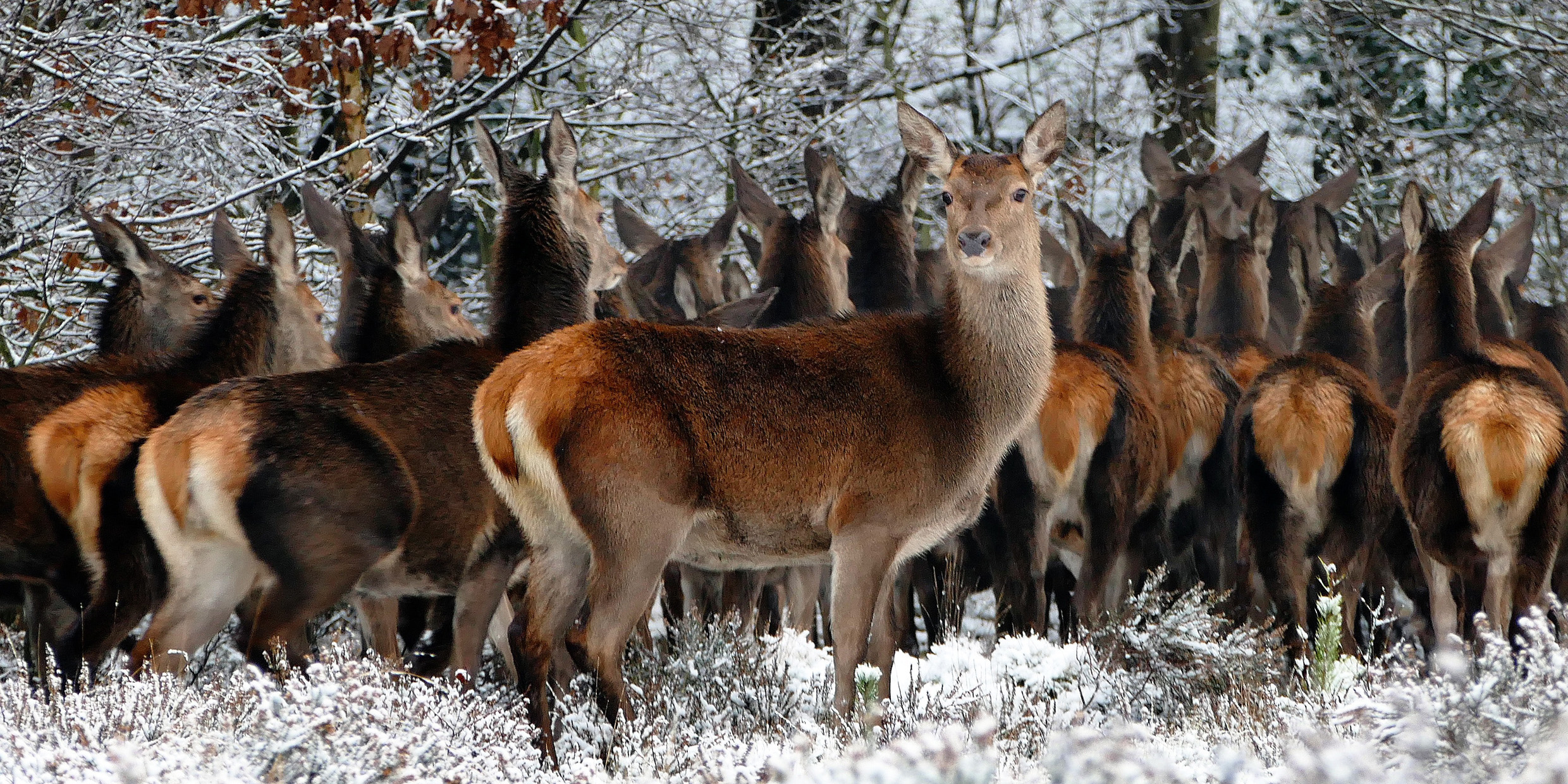This is the sad story of the great auk, a 2‑foot high flightless bird, the original “penguin,” now extinct. The events recounted here happened hundreds of years ago, but the great auk’s fate is a lesson for our time.
Nature
Silken snares
On crisp autumn mornings the meadow is a universe of galaxies: spider webs made visible by dew. Star-strung spirals suspended on glistening threads. Tangled silk mats in the grass. Silver funnels, with a spider waiting at each funnel’s black throat.
Nature’s own triumphal arch
With snowflakes in the air, this may seem to be the wrong time of the year to be writing about rainbows. But I’ve just read for the second time Fred Schaaf’s essay “100 Rainbows” in his new book “The Starry Room,” and I’m reminded that rainbows are not necessarily a seasonal phenomena.
A tree for middle-age
While walking with several students on my college campus I saw at the woods’ edge a spray of gold against a grey November sky. It was the witch hazel, that most untypical tree, bursting riotously into bloom when everything else is closing down.
Nature’s lessons
Several recent surveys suggest that America is a nation of science illiterates.
Welcome propaganda
Some weeks ago I swam with a wild dolphin. Well, not quite wild. This particular dolphin has taken up residence in the cold waters of Dingle Harbor in southwest Ireland and seems pleased to swim with whatever person comes his way. A lot of people have availed themselves of the opportunity, so many that the Dingle dolphin has become an important tourist attraction.
Subtle pleasures
I have no taste for formal gardens. Banks of gladiolas, no matter how colorful and variegated, hold no attraction. Acres of tulips, or azaleas, or roses might as well be grass.
The force — tons of it — is with the mayflower
On the floor of New England’s oak woodlands, the Canada mayflower (wild lily-of-the-valley) is making its play for the sun. Like two greedy hands, the paired green leaves of that ubiquitous little plant are reaching for sunlight, softening the winter woods and teasing us toward summer.
Birds and bees and Bambi
The week before last, the Humane Society of the United States sponsored a scientific conference in East Windsor, New Jersey, that considered among other things the use of contraception in wildlife management. Participating scientists hope to find practical ways to chemically regulate the fertility of wild mammals.
Bluebird of happiness
The sap is rising, the ice is thawing, and next Sunday morning at 4:39 a.m. the sun will cross the celestial equator into northern skies. Meanwhile, the folks out in Concord are fighting again the never-ending battle of Walden Pond.
